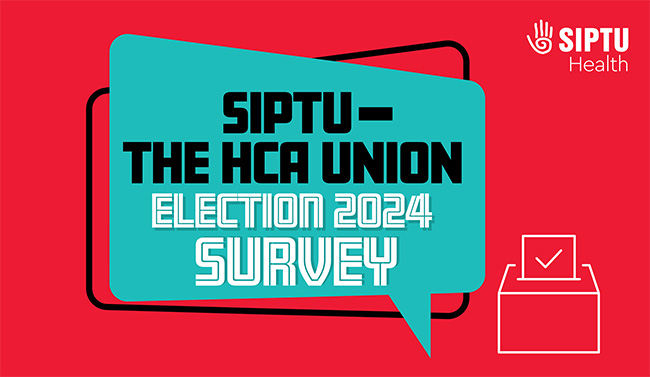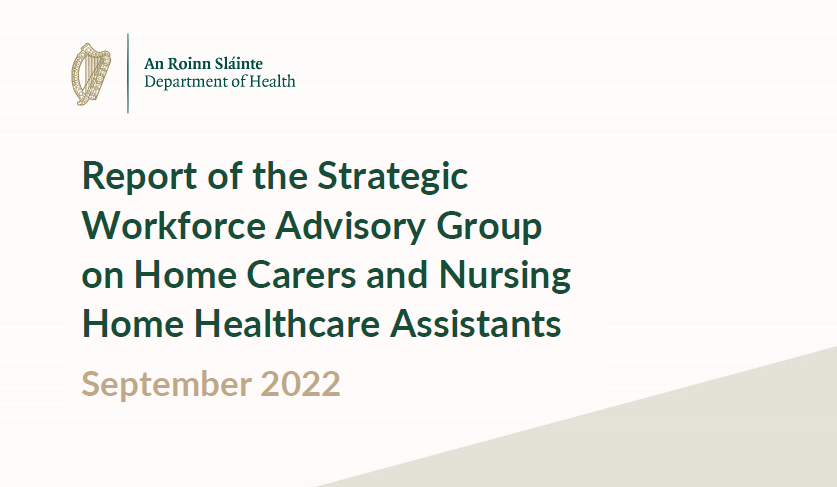Home support care services threatened Dun Laoghaire as company goes into liquidation
SIPTU has warned that the future of home support care in Dun Laoghaire, County Dublin, is in doubt following the confirmation that Dun Laoghaire Home Care Services (DLHCS) confirmed to the Union that it ceased providing care to clients on Tuesday, 11th February.
Dun Laoghaire Home Care Services provides home support packages to clients under a Section 39 agreement on behalf of the State.
SIPTU Organiser, Anne Rochford, said: “Our members have been advised by the board of DLHCS that the company is to cease trading on 28th February. This is despite the fact that SIPTU made a referral to the Workplace Relations Commission (WRC) in December 2024 for conciliation to discuss the future of the service. DLHCS has, to date, refused to attend the WRC to discuss the future of the service and the impact of the decision to close the service on the workforce.
“Our members are seeking an engagement at the WRC so they can have absolute clarity on the future of the service and assurances that all avenues have been explored to secure alternative employment for the workforce. The employer has, to date, refused to attend the WRC.”
Rochford added: “We have engaged with the HSE to clarify if it will provide any role in the provision of home support services in the area into the future and we are yet to receive any clarity on this. The lack of clarity is creating real anxiety among the workforce of DLHCS. We are calling for an urgent engagement on the future of this service to include SIPTU, DLHCS and the HSE.”






